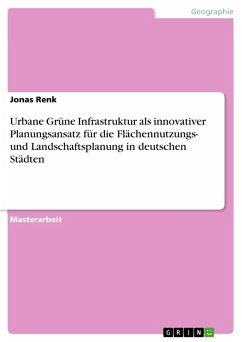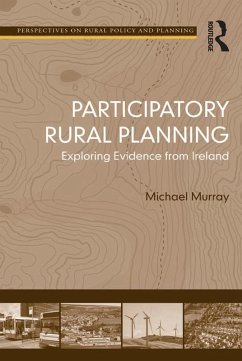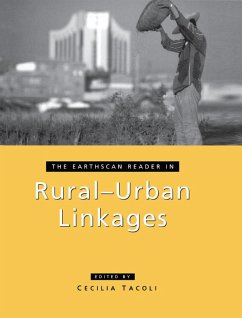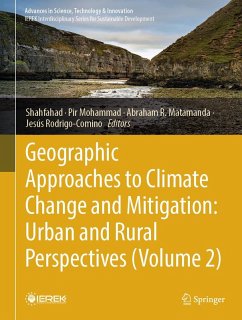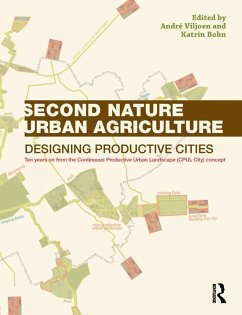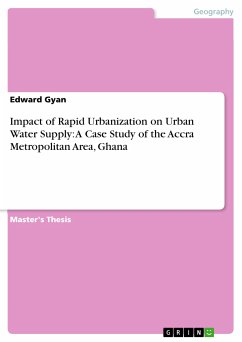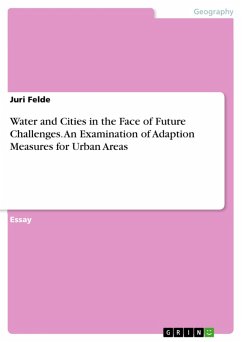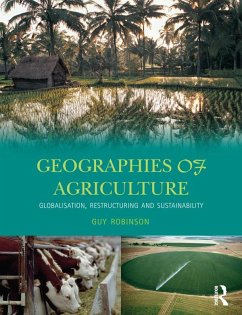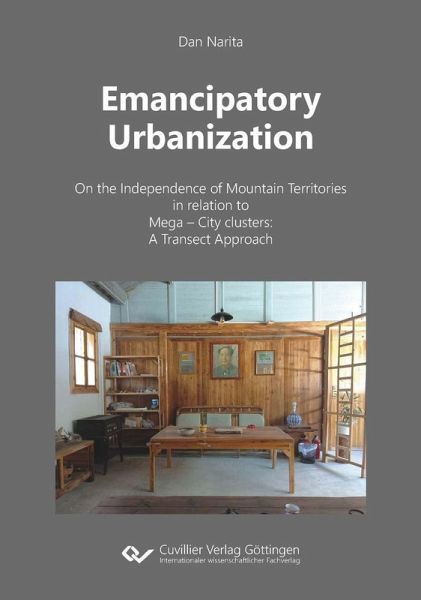
Emancipatory Urbanization (eBook, PDF)
On the Independence of Mountain Territories in relation to Mega – City clusters: A Transect Approach
Versandkostenfrei!
Sofort per Download lieferbar
Statt: 107,88 €**
63,50 €
inkl. MwSt. und vom Verlag festgesetzt.
**Preis der gedruckten Ausgabe (Broschiertes Buch)
Alle Infos zum eBook verschenkenWeitere Ausgaben:

PAYBACK Punkte
0 °P sammeln!
Peripheral mountain territories are often a critical backbone resource for metropolitan areas. Redefined relationships can catalyze new synergies for urbanization and alternative livelihood strategies. The overdevelopment of the South-East coastal cities in Greater China has caused environmental degradation, unbalanced economic growth, and acute social disparities between the developed Pearl River Delta and the remote mountain territories in Guangdong Province. In this book, the Dongjiang River Basin in Guangdong is taken as a laboratory for alternative and bottom up urbanization scenarios. Op...
Peripheral mountain territories are often a critical backbone resource for metropolitan areas. Redefined relationships can catalyze new synergies for urbanization and alternative livelihood strategies. The overdevelopment of the South-East coastal cities in Greater China has caused environmental degradation, unbalanced economic growth, and acute social disparities between the developed Pearl River Delta and the remote mountain territories in Guangdong Province. In this book, the Dongjiang River Basin in Guangdong is taken as a laboratory for alternative and bottom up urbanization scenarios. Opportunities are presented for micro-economic scenarios, livelihood diversification and the development of rural-urban habitats located in the hinterland of the coastal zone. The rediscovery of ancient mountain territories as a productive resource is emphasized for a new phase of urbanization. Overshadowed by the dominance of global city networks - liveable cities responsive to climate change, conscious of the scarcity of resources, and aware of widening social inequalities, may not be found in densely populated urban areas. The underestimated potential of mountain territories with dispersed settlement structures are proposed as an alternative people-oriented urbanity.
Dieser Download kann aus rechtlichen Gründen nur mit Rechnungsadresse in A, B, BG, CY, CZ, D, DK, EW, E, FIN, F, GR, HR, H, IRL, I, LT, L, LR, M, NL, PL, P, R, S, SLO, SK ausgeliefert werden.






